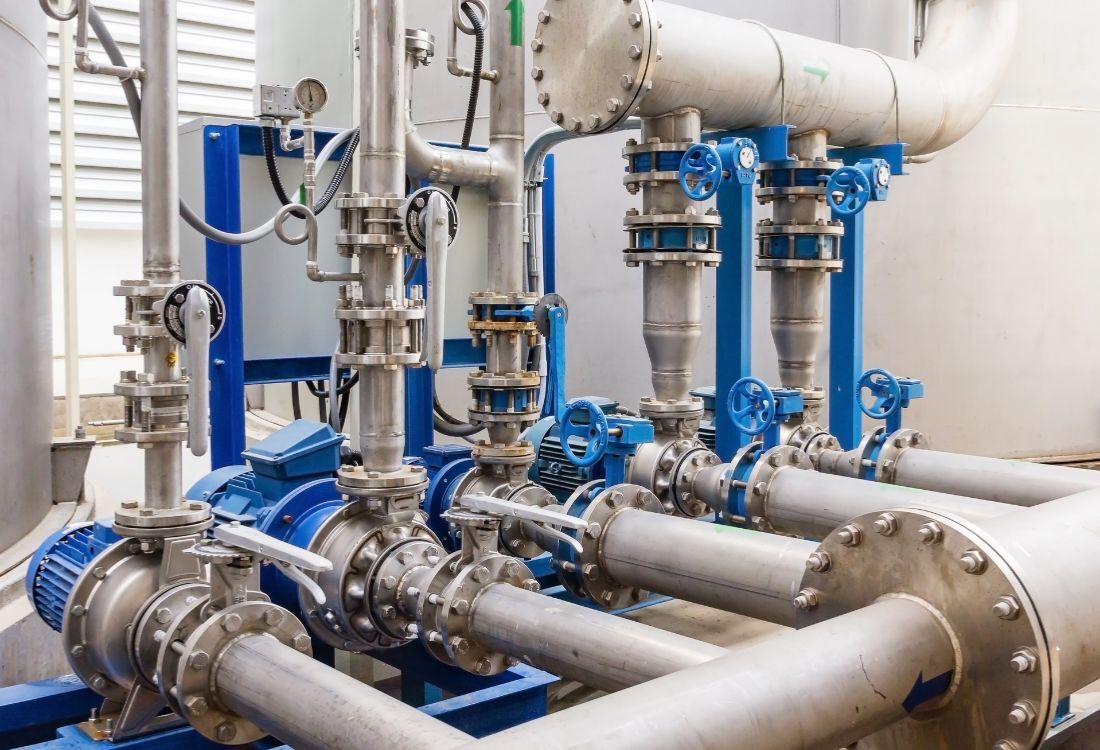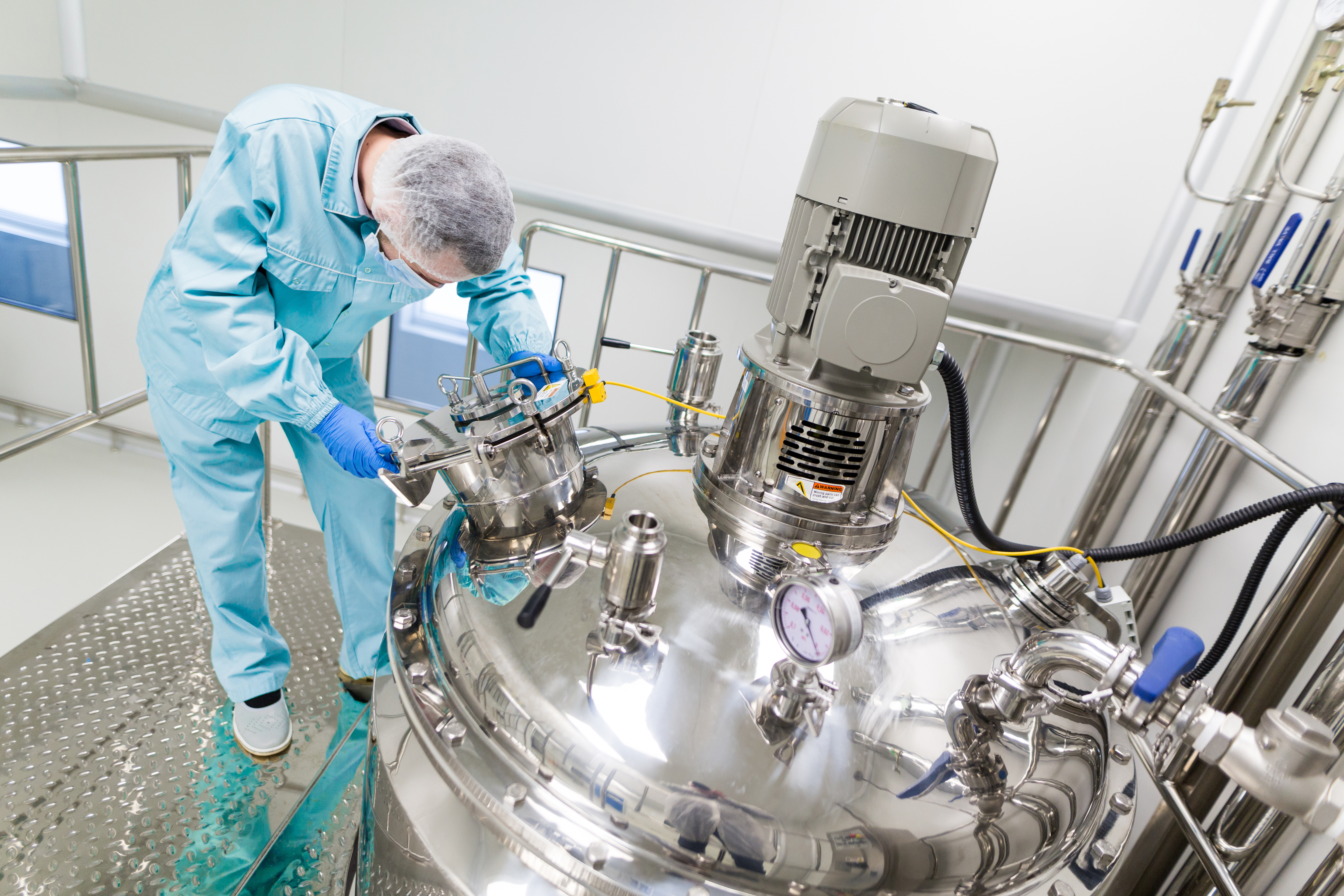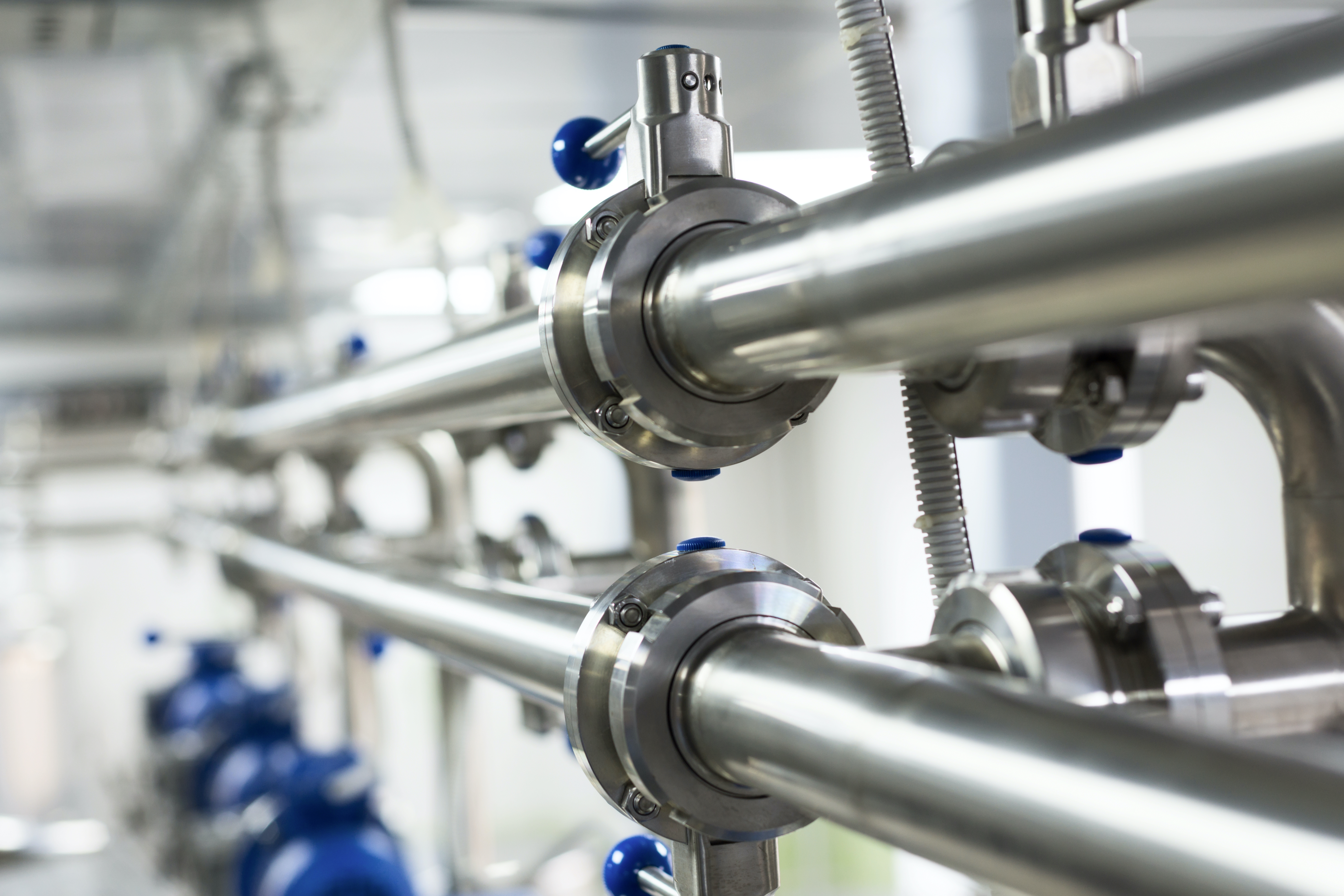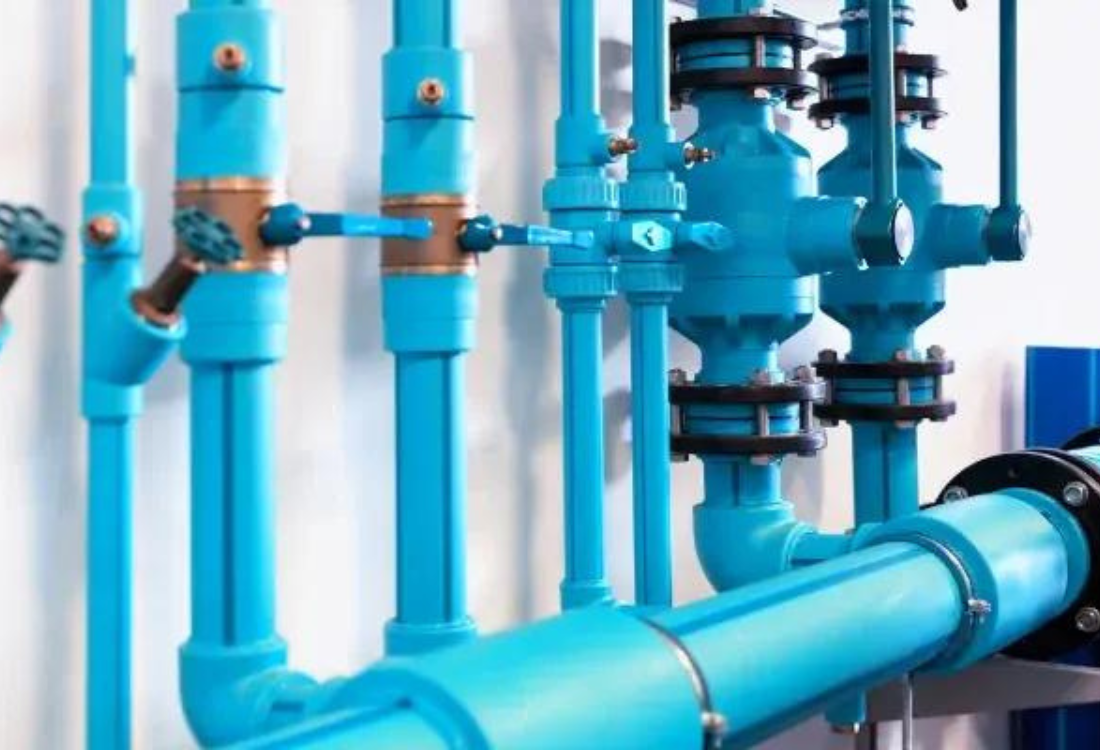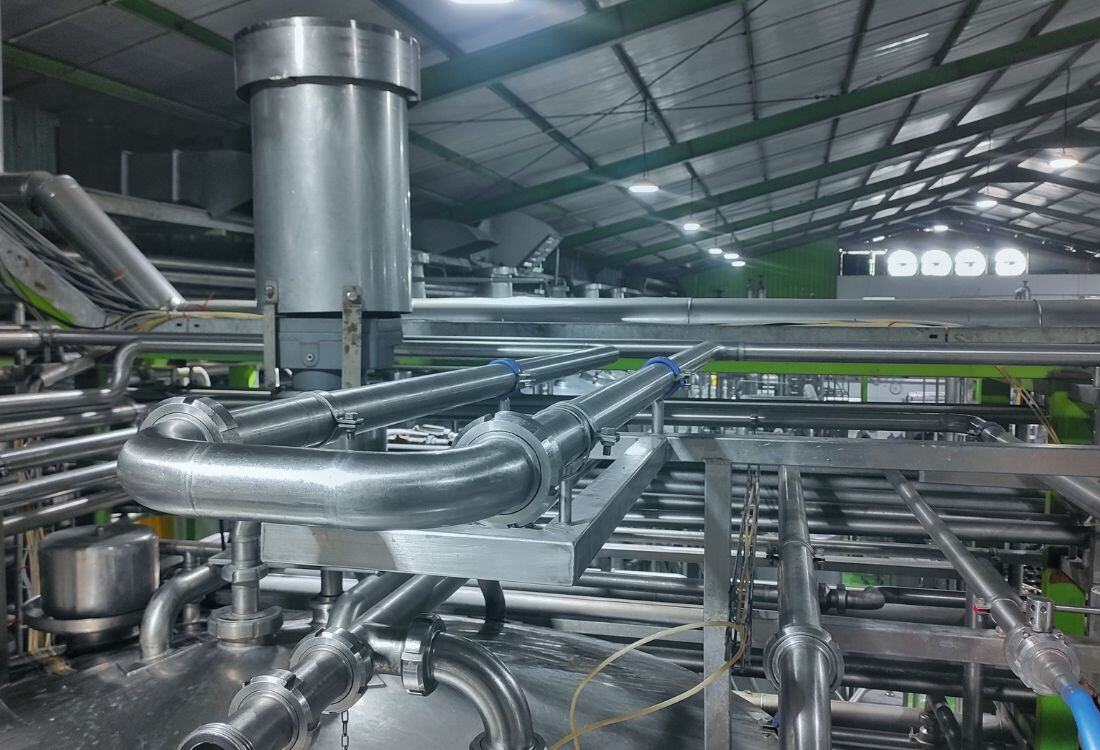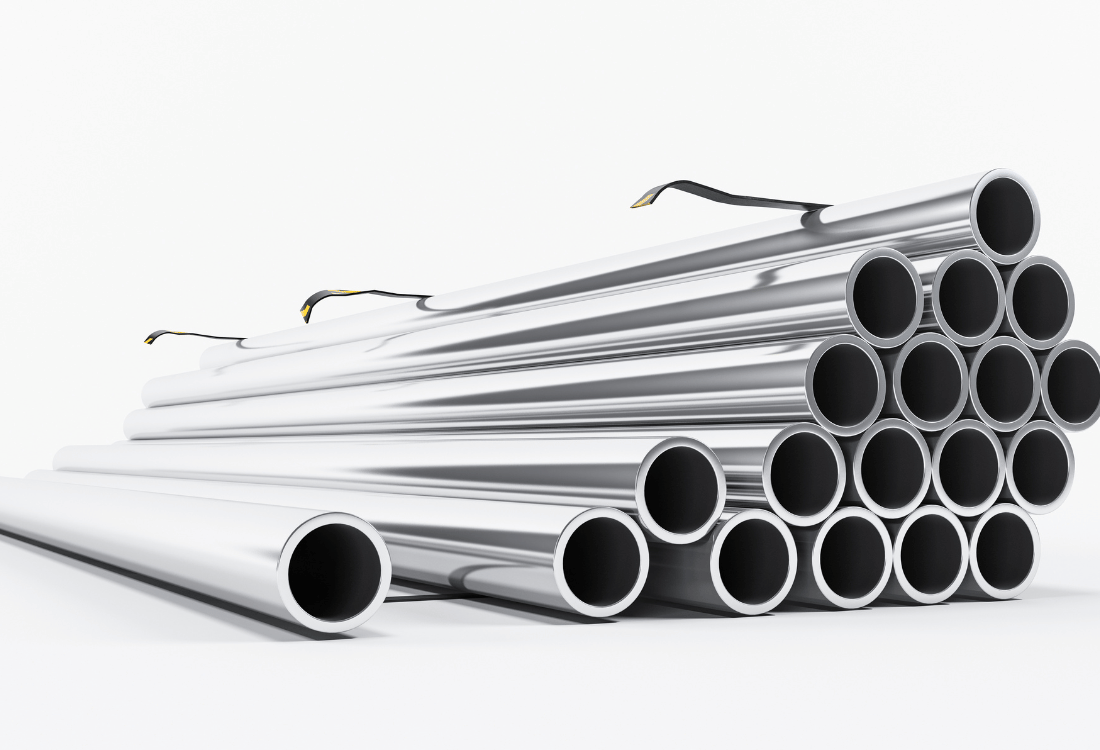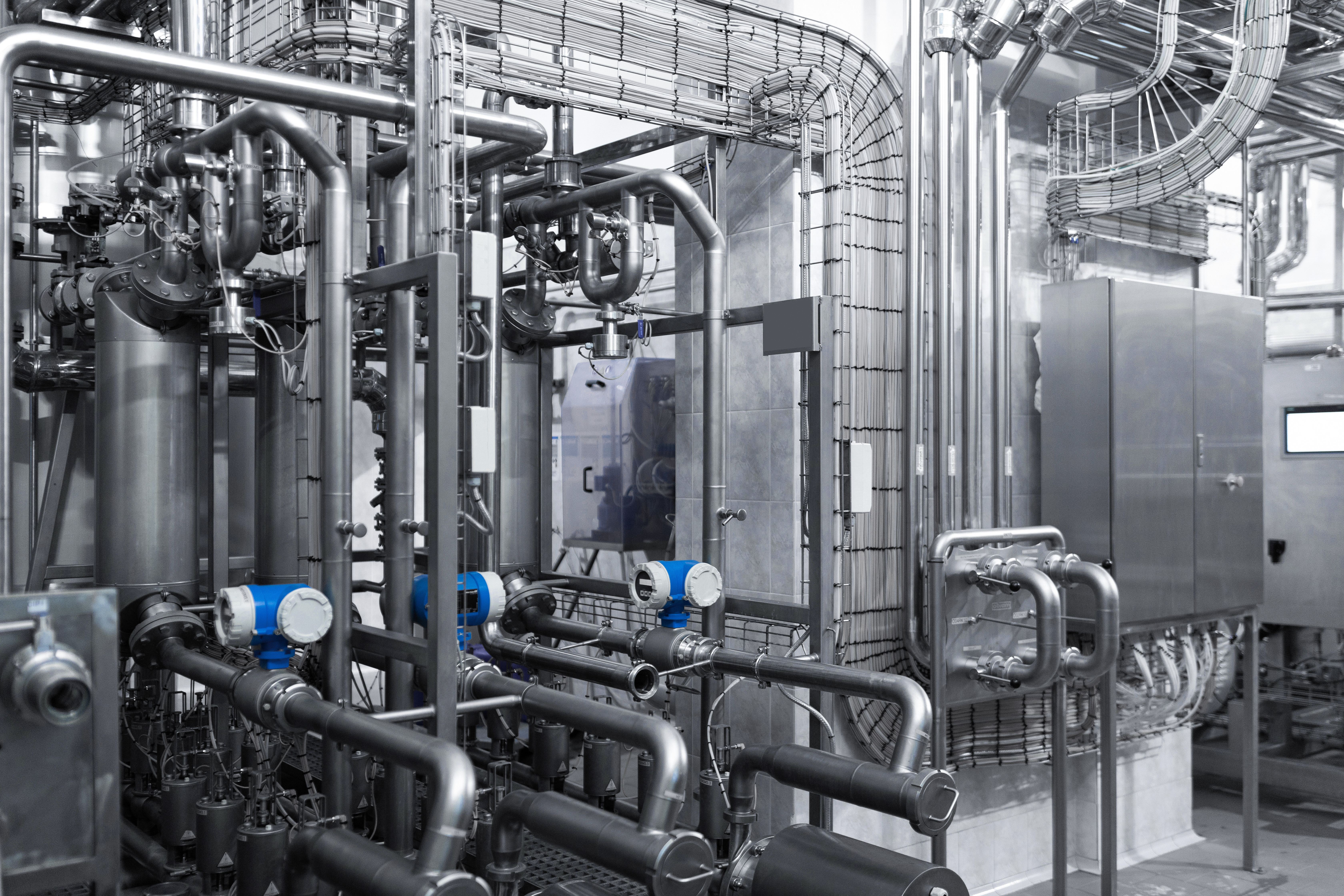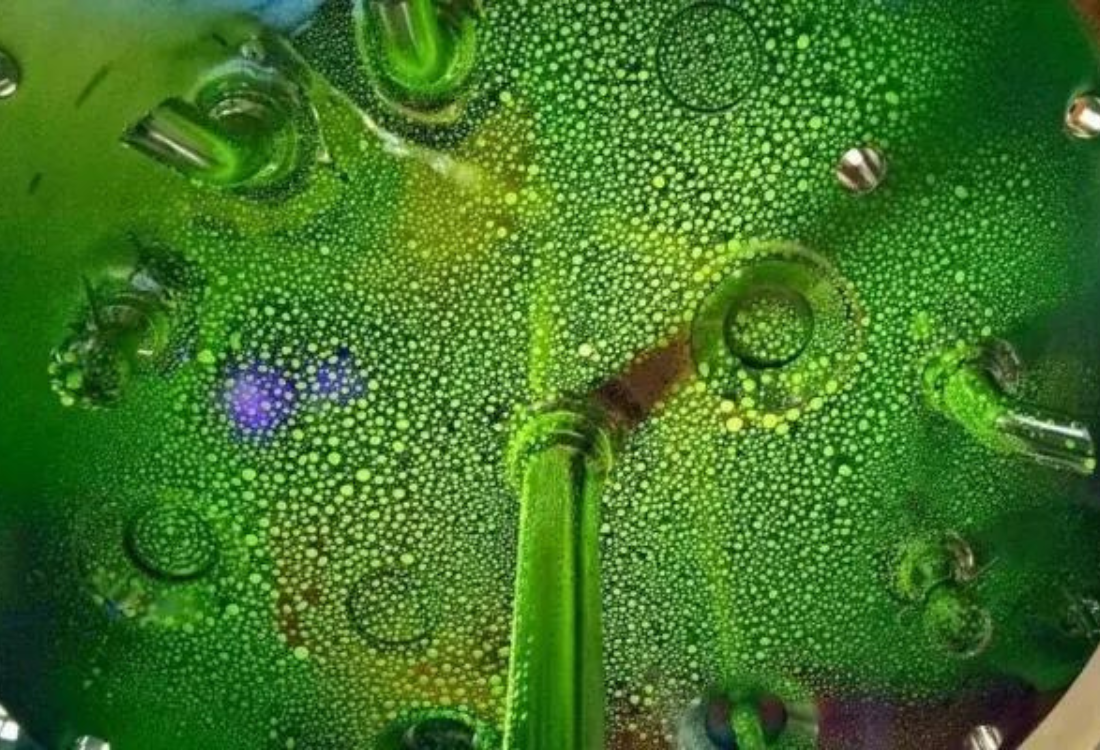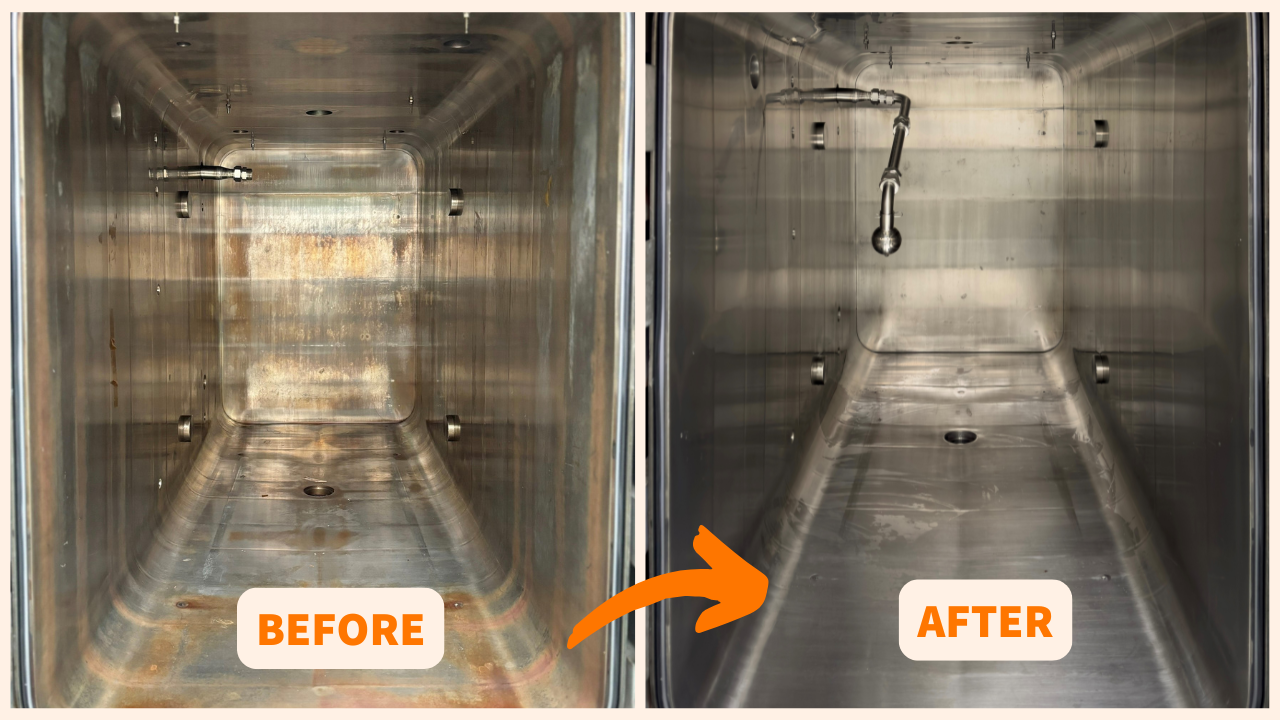Utilising An Audit Checklist For Pharmaceutical Industry Standards
by Neil Brook on July 29, 2025
What is an audit in the pharmaceutical industry? For pharmaceutical businesses, an audit is an independent and systematic examination of various processes, documentary trails or systems to verify compliance with certain standards. These could include Good Manufacturing Practices (GMP) …
The Importance Of Removing Biofilm From Pharmaceutical Water Systems
by Neil Brook on July 1, 2025
In the pharmaceutical industry, the regular maintenance of water systems is critical to ensure product safety and regulatory compliance. Biofilm removal, in particular, helps to overcome the problem of contamination in an industry in which water purity underpins product quality and co …
Ensuring Residue Removal: The Importance Of Riboflavin Coverage Testing
by Neil Brook on June 10, 2025
In pharmaceutical manufacturing, product safety and efficiency depend on equipment that is clean and well-maintained. While stainless steel passivation is essential to enhance the corrosion resistance of equipment surfaces, residues left during manufacture can increase the risk of pro …
Understanding Rouge Formation In Iron Contaminated Water And Its Risks
by Neil Brook on June 3, 2025
Rouge—a reddish-brown or black deposit that can form on stainless steel surfaces when exposed to iron-contaminated water—is a particularly concerning phenomenon in industries that rely on high-purity water systems. Derouging stainless steel is a highly effective way to protect equipme …
Benefits Of Stainless Steel Pickling In The Power Generation Industry
by Neil Brook on March 4, 2025
Stainless steel pickling is an important maintenance process for equipment and components used in the power generation sector, improving the reliability and durability of assets exposed to demanding conditions, and maintaining compliance with industry standards. The pickling process r …
Rouge Types: What Are The Three Main Classes Of Rouge?
by Neil Brook on January 21, 2025
Stainless steel tubes and applications can sometimes develop rust-coloured surface corrosion, or rouge, under certain conditions. Removing this corrosion – or derouging stainless steel– is crucial for preventing damage to your systems and equipment and maintaining product safety, as u …
Understanding The Need For Pre-Commission Cleaning Of Pipework Systems
by Neil Brook on November 26, 2024
Pre-commission cleaning is an essential part of implementing any new pipework system, ensuring long-term performance and quality, as well as compliance with hygiene and safety standards.
Importance Of Equipment Cleaning Validation In Pharmaceutical Industry
by Neil Brook on November 5, 2024
Equipment cleaning validation is a documented process or audit trail conducted by specialised engineers, it explains the procedures required and actions taken to effectively remove microbial or chemical residues from manufacturing equipment. In the pharmaceutical industry, this valida …
The Importance Of Riboflavin Testing For Equipment Safety
by Neil Brook on October 22, 2024
Riboflavin testing is a quality assurance method for evaluating the effectiveness of vessel tank cleaning processes and is a mainstay in the pharmaceutical manufacturing sector, food processing, and other sanitary settings. Riboflavin testing is also used as a preliminary for passivat …
Derouging Your Steam Autoclave Machines
by Neil Brook on October 16, 2024
Rouge, a reddish-brown oxide film, is commonly classified into three types. This article specifically addresses the formation of rouge within steam autoclave machines and explores effective derouging methods to eliminate it.


